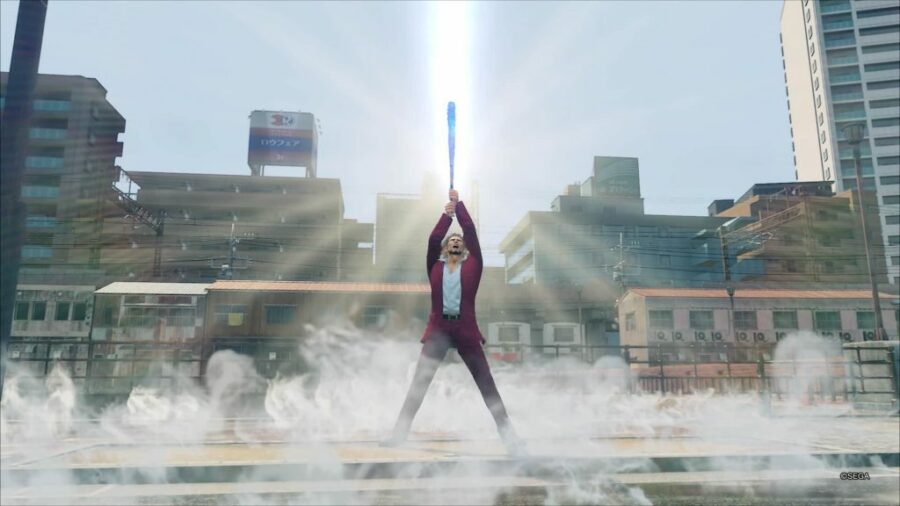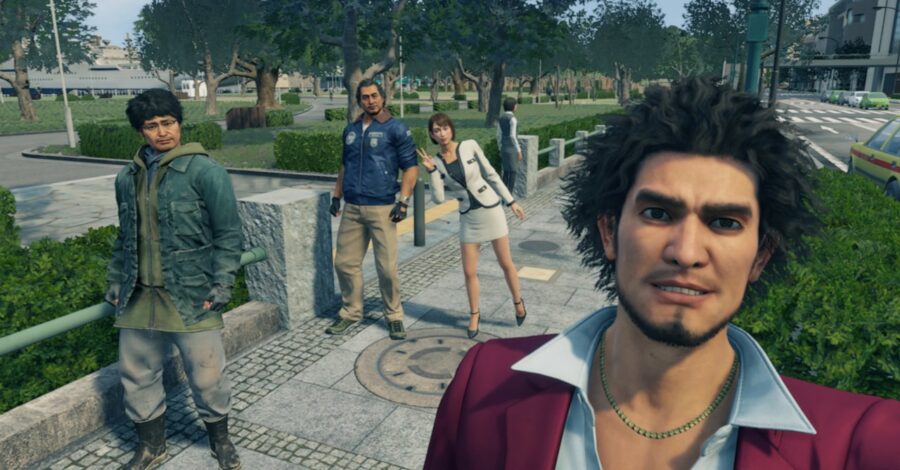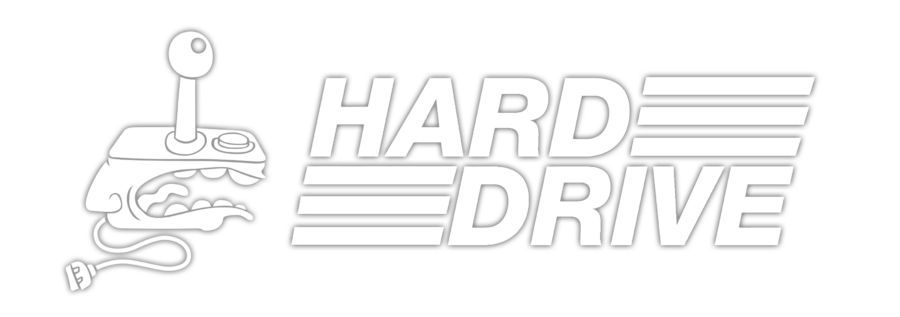Earthbound, or Mother 2 if you’re a real one, is a classic example of videogame “soul”. The JRPG and its series is known for being wacky, charming, and dead. It left a strong impression on gamers worldwide, an impression that didn’t actually translate into sales. Its final game, Mother 3 (you may have heard of it) was never localized, marking the end of the series. Several indie devs have tried to take up the Earthbound banner, with mixed results. The most successful is Undertale, worldwide phenomenon and proof that there really is an audience for Mother-likes. Other successes include OFF, Lisa: The Painful, Hylics, Omori, and more.
But none of these fully satisfy the need for soulful, quirky JRPG. Undertale comes closest to matching the charm and style of Earthbound, but falls short when it comes to the RPG side. There’s virtually no character progression, and most of the game is a straight path from scene to scene. Instead, a strong alternative came from an unexpected source: the Japanese crime drama series, Yakuza (also called Like A Dragon).

The series is unusual to begin with. On the surface, it’s about the hardships of Tokyo’s criminal underworld, but it’s known for flipping rapidly between heartwrenching drama and absurd comedy, paired with a massive wealth of side content. The seventh mainline title, Yakuza: Like A Dragon (or Yakuza 7 if you prefer) is strange even by its own standards, abandoning the other six games’ action-brawler gameplay in favor of becoming a full-fledged JRPG. It’s mostly a homage to Dragon Quest (the protagonist Ichiban is a series fan who hallucinates his life as a similar game), but playing it feels a lot like Mother 7, a game from an alternate timeline in which Earthbound was wildly successful.
Earthbound is a charming blend of fantasy adventuring and real-life experience in which you can order a pizza delivery for HP, or withdraw your battle earnings from the ATM. Yakuza: Like A Dragon takes that concept and amplifies it. The characters’ roles in battle, often called “jobs” in JRPGs, are actual jobs from the employment center. Summoning magic is available in the form of a messaging app. Ichiban can attend supplementary school to raise his stats – if he can afford tuition. His enemies, which take the form of troublesome citizens, feel like an echo of Earthbound’s. The “Neo Hippie” enemy type is a blatant reference!
Even the games’ core themes are similar. Earthbound is about a kid facing the hazards of the modern world, with his friends to aid him. Yakuza 7 is the same, but from the perspective of adult life. Ichiban uses his RPG mechanics to face legitimate threats of homelessness, gang violence, and political corruption, and just as with Earthbound, it’s his friends that make it all possible. It’s as if Earthbound hero Ness grew up and joined the mafia, complete with absentee father.

Yakuza: Like A Dragon feels strangely close to Earthbound in many ways, but exceeds it in others. For one thing, it delivers the content and quality of a well-made Playstation 4 game instead of a well-made SNES game. Another important difference: unlike Mother, the Yakuza series is actually alive. A second Yakuza RPG is in development now.
Yakuza: Like A Dragon is worth a try if:
- You love the Mother series, especially Earthbound.
- You like JRPGs, but are tired of medieval fantasy.
- You want to invest hours into a high-quality soap opera.
You can give it a pass if:
- You prefer real-time action combat.
- The real world setting depresses you too much (yeah, I get it).
- You don’t want to invest hours into any kind of soap opera.
Yakuza: Like A Dragon is available on all modern non-Switch platforms. During a Steam sale, it can go for less than $20, which is nuts. Don’t worry if you haven’t played the other Yakuza games. You’ll miss out on some references, but the plot stands alone. That’s why they try not to call it “Yakuza 7“. [lasso ref=”yakuza-like-a-dragon-playstation-4″ id=”23257″ link_id=”3973”]




